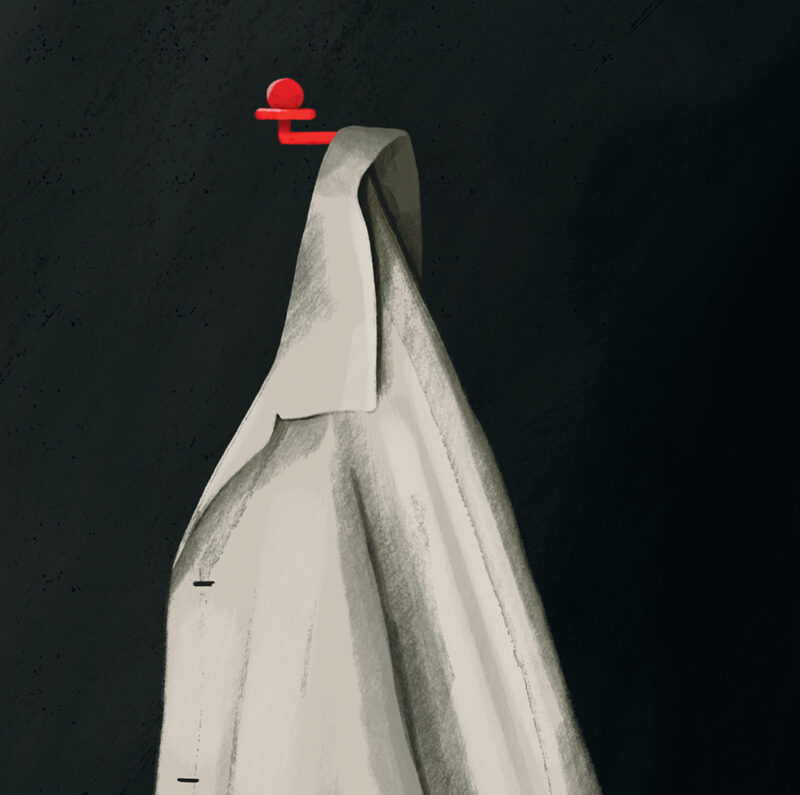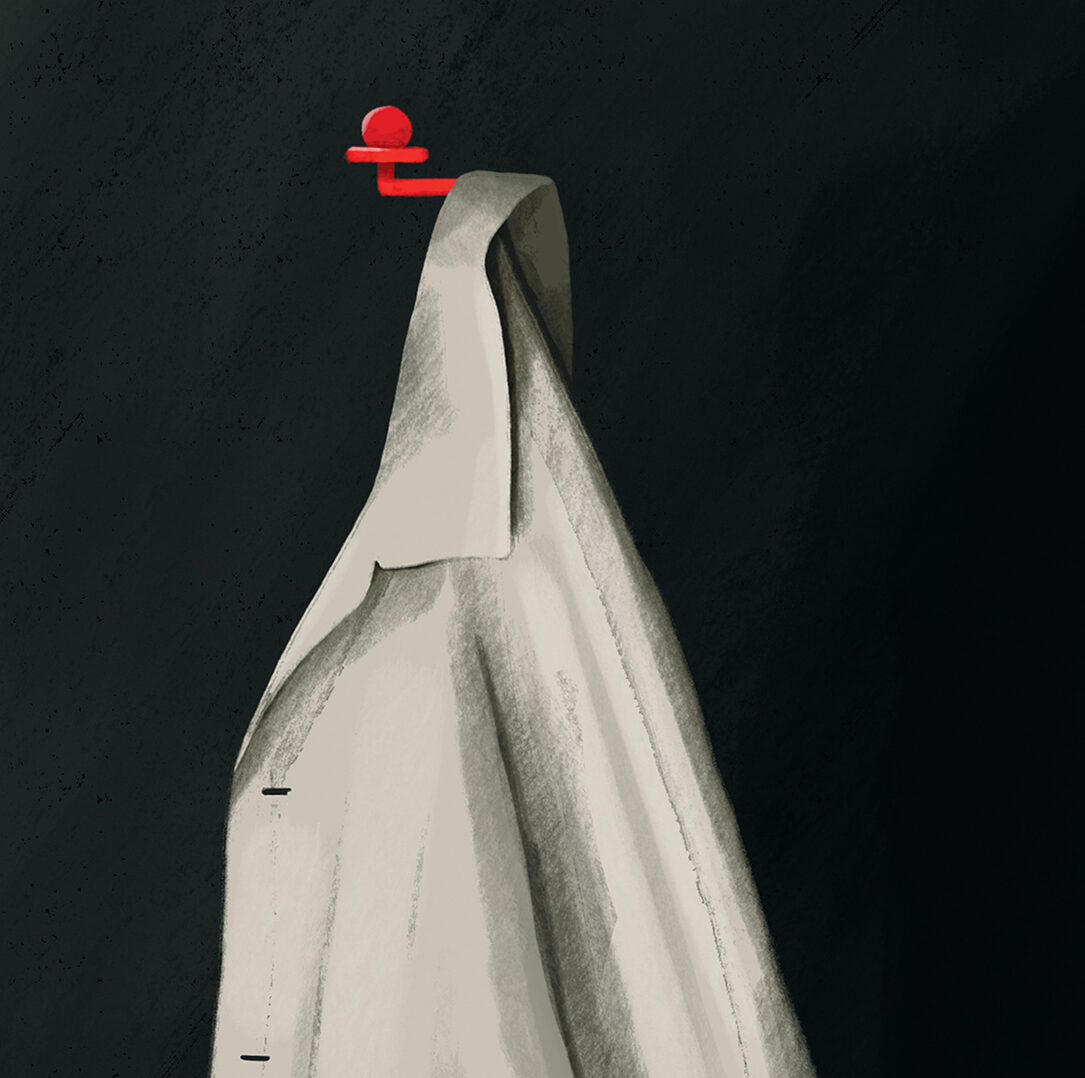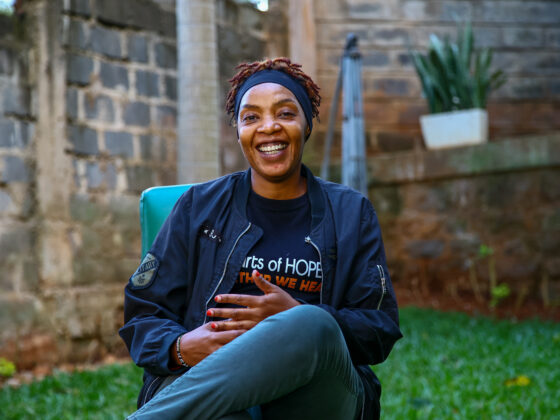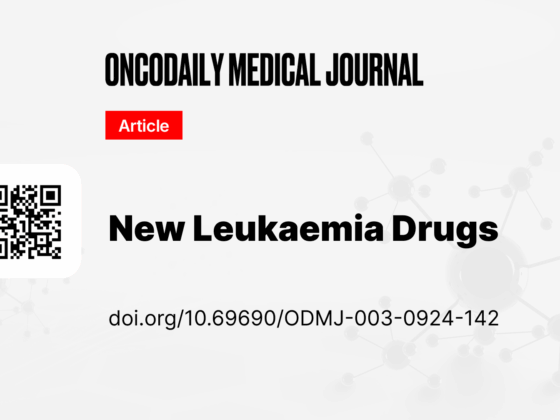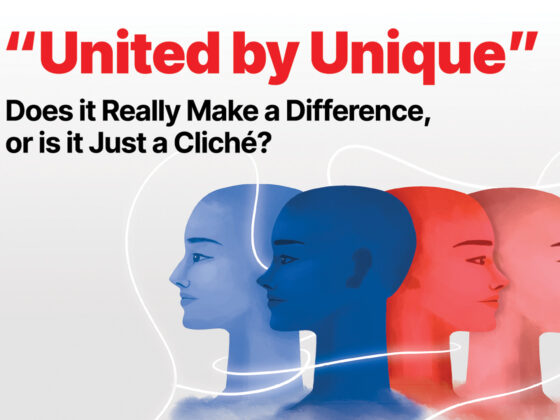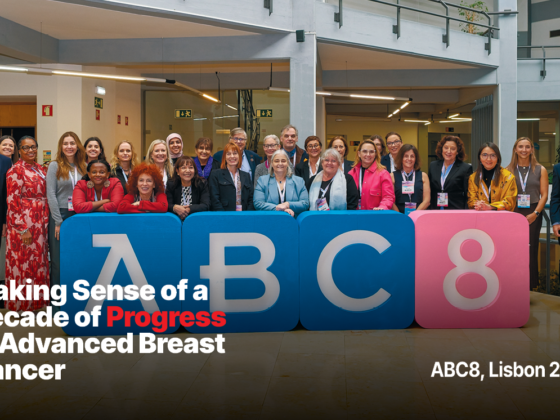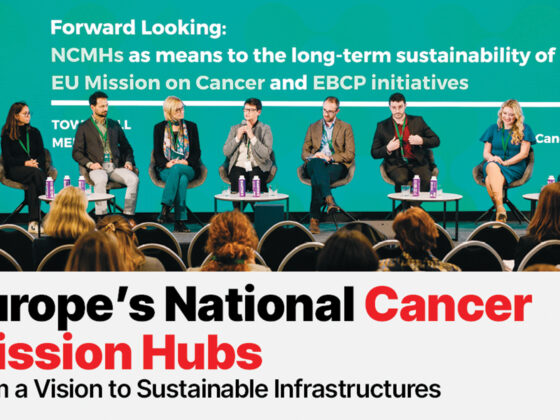Oncology is both one of the most inspiring and one of the most demanding fields in medicine. Unlike other specialties, the emotional and professional boundaries in oncology are often blurred. Many of us feel that our lives are devoted to a single purpose: caring for people with cancer. But this raises a painful question—who cares for the caregivers when our emotional resources are not enough?
Oncology is not just another branch of medical care. For many providers, it is not a profession that can be switched off at the end of the day. It becomes a life.
The Uncertainty
Chronic uncertainty has become a defining reality in oncology, affecting both patients and professionals. For patients, uncertainty often centers on fear of recurrence or disease progression. For providers, uncertainty fuels a quieter fear: what will happen to my patients if I step away?
“According to a 2024 workforce study, 67% of nurses who delayed resigning cited ‘fear of what would happen to their patients’ as the primary reason. The longer we remain under such terms, the more we risk losing not just nurses, but entire professional identities.”
Mark Carter, CEO and Founder, MACH Health (LinkedIn post)
This fear often translates into guilt, which becomes one of the most powerful drivers of burnout.
Guilt
Burnout in oncology doesn’t simply feel like exhaustion or the need for rest. It feels like guilt.
As oncology nurse navigator Alessandra Alvarez explains to CancerWorld:
“Burnout in nursing often carries a heavy sense of guilt, especially in oncology. It’s not only the physical and emotional exhaustion but also the internal conflict of feeling like you’re not doing ‘enough’ for patients who are already going through so much. We hold ourselves to very high standards, and when we can’t give 100% every day, guilt creeps in. Compassion fatigue is very real—and that guilt can sometimes be harder to carry than the exhaustion itself.”
Her words echo what many of us silently carry. When patients suffer, we feel that we should have done more. When patients die, we wonder if we missed something. Even when we give everything, the sense of responsibility lingers, turning exhaustion into guilt, and guilt into burnout.
Compassion Fatigue
Compassion fatigue is not just about being tired. It is about being overwhelmed by caring. For psycho-oncologists, nurses, and physicians alike, it means balancing empathy, trust, and hope while coping with inevitable loss.
Unlike in other specialties, oncology often fosters deep, long-term relationships with patients and families. This closeness is meaningful, but it makes loss even heavier.
As Alessandra Alvarez notes:
“Patients rely on us to guide them through overwhelming systems and decisions. Walking away isn’t just about taking time off; it feels like abandoning someone in the middle of a storm. Many of us stay not out of strength, but out of commitment and concern for what might happen if we weren’t there.”
This captures the paradox of compassion fatigue: we remain, not out of resilience, but out of fear of letting go.
Living in Two Worlds
Behind every statistic, every clinical trial, and every treatment protocol are human beings with dreams, worries, sacrifices, and fears. Patients and families live them. But so do we, the providers. Healthcare providers are often torn between professional duty and personal life, drawing strength from loved ones even as they remain tethered to patients’ needs.
We live divided lives, between professional duty and personal identity, between grief for lost patients and love for our own families, between exhaustion and hope. Our families wait for us, often worrying about how much we can bear. Yet many of us stay late, unable to leave a patient in danger, unable to silence the inner voice that says, If not me, then who?
This dual existence, living in two worlds at once, creates the conditions for chronic burnout. It is not only the workload, but the ongoing internal negotiation between caring for patients and caring for ourselves.
Alessandra emphasizes another truth:
“It is absolutely essential that healthcare professionals speak up every day for patient safety. In oncology, even small delays or missed details can have serious consequences. Nurses and physicians are often the first to notice risks, gaps, or barriers, and our advocacy makes a real difference. Raising our voices isn’t just about procedural safety—it’s about ensuring patients feel seen, heard, and protected. Consistent advocacy creates a culture where safety is prioritized at every level, from the bedside to the boardroom.”
Advocacy is both a responsibility and a coping mechanism. It is a way of transforming uncertainty into action, of turning fear into vigilance. Yet it also adds to the weight we carry. When every small oversight can have life-changing consequences, the stakes of daily work are relentless.
Reframing the Question
So, does uncertainty inherently cause burnout? Not necessarily. Uncertainty is an inseparable part of oncology, and it cannot be eliminated. But when uncertainty is paired with inadequate support, chronic guilt, and compassion fatigue, it becomes a catalyst for burnout.
Uncertainty is not only about medical outcomes. It also exists in the form of administrative pressures, systemic barriers, and organizational demands. Providers face strict timelines, electronic documentation burdens, and staffing shortages, all of which compound the emotional weight of patient care.
Burnout cannot be solved by individual resilience alone. Institutions must create conditions where healthcare providers can share responsibility, find rest, and seek support without guilt.
So, the challenge is not to escape uncertainty, but to share it, to transform it from an isolating burden into a collective reality. When uncertainty is acknowledged openly, when teams and institutions provide space for reflection and recovery, it can foster resilience instead of collapse.
Burnout in oncology is not just an individual failing; it is a shared responsibility. The duty of care extends not only to patients but also to those who dedicate their lives to caring for them.
Oncology professionals need permission to say: I cannot carry this alone. Patients need caregivers who are present, not perfect; resilient, not guilty; human, not superhuman.
Uncertainty will always shape the work we do. The question is whether it drives us into guilt and burnout, or whether, with proper support, it strengthens our commitment and our humanity.
If institutions, colleagues, and communities stand together, oncology professionals can continue their mission, not out of fear or guilt, but out of the capacity to care.

